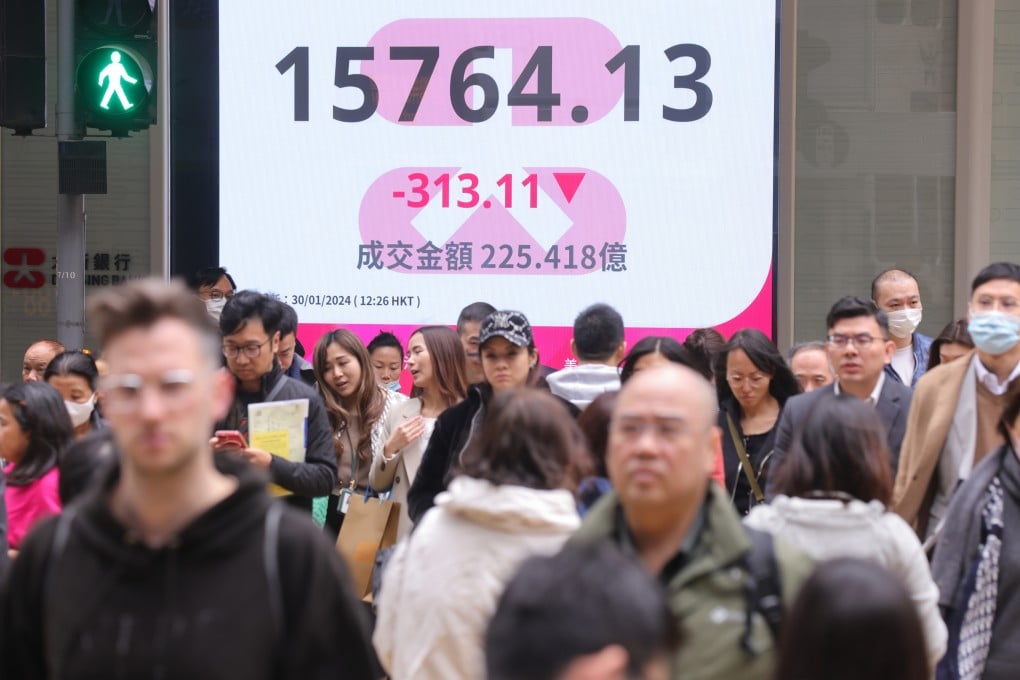Letters | What ‘old money’ can learn from ‘new money’– and how Hong Kong can help
- Readers compare the attitude of business families in the Global North and Global South, the next industrial revolution, and China’s electric vehicle makers

One of the more useful anecdotes in E.M. Forster’s A Room With A View involves whether it would be better to rent to a family rising up from humble beginnings or a family of noble background that has fallen on difficult times.
As economic, social and legal environments change, different traits will present greater fitness. The “innerworldly asceticism” of Max Weber’s Protestant ethic, which is often associated with successful entrepreneurs in the Global North, has found its counterpart in a Confucian ethic and a Catholic ethic that don’t retreat from the world but focus on change, progress and overcoming.
With that in mind, one might ask whether what is colloquially known as “old money” – the business families of Japan, North America and Europe that rose during the 1900s – has anything to learn from the “new rich” of the developing world.
In my experience of working with family businesses from both the Global North and the Global South, I would summarise the differences as relating to blood, government and frontiers.
One of the starkest differentiating factors is openness to legacy-building along bloodlines. Old money families, however eager to send offspring to certain educational institutions, are not keen to bestow unearned riches upon their children.